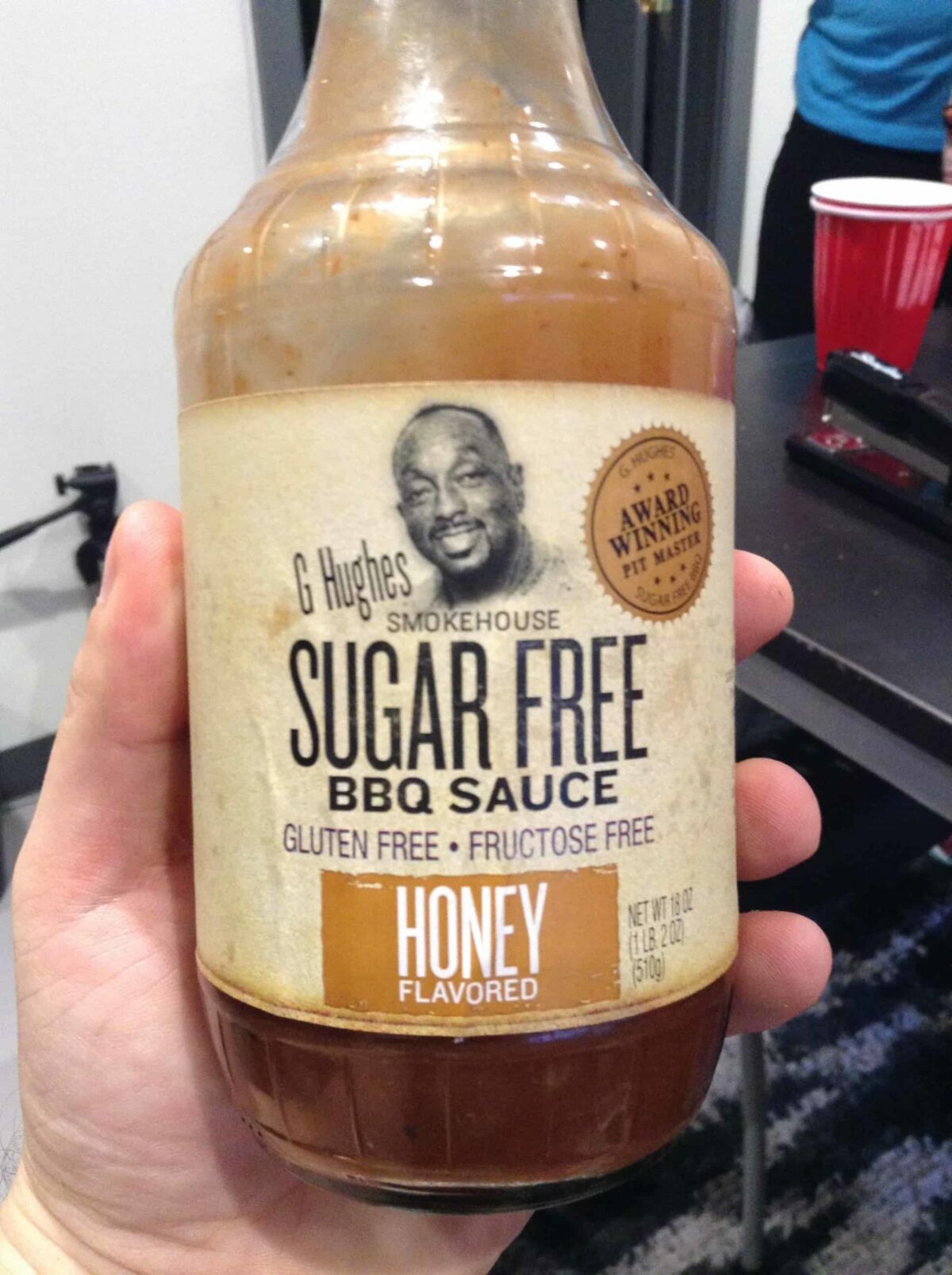Why Artificial Sweeteners Will Sabotage your Weight-loss
By Julia Deupree
According to a 2012 Gallup Poll 1, nearly 1/2 of Americans drink diet  soda on a given day. Diet soda has long been touted as a “healthy alternative” to regular soda because the absence of real sugar decreases the a
soda on a given day. Diet soda has long been touted as a “healthy alternative” to regular soda because the absence of real sugar decreases the a
mount of calories consumed. The diet “health craze” goes beyond just sodas – consumers are quick to buy products marketed as “Sugar Free” and Diet thinking they are healthier for their waist lines than the sugar laden competitors. But is diet really healthy? Let’s look at some facts:
- Diet soda can cause weight gain. This may come as a surprise to you. How can something with 0 calories cause me to gain weight? In simple terms, when the body ingests a substance with no calories the food satiety pathway is only partially activated. In other words, the body reacts as if something is missing and revs up your appetite in order to get complete satisfaction. This heightened desire can increase the amount of calories you consume at your next meal beyond what you would have consumed by having drunk a regular soda. 2
- Diet soda can increase your cravings for sweet foods. Aspartame (the artificial
 sweetener found in most diet sodas) is 200 times sweeter than regular sugar 3. Repeated exposure to this high intensity sweetness can alter your taste buds in as quickly as 8 consecutive days to prefer sweeter foods over other tastes like sour , salty, bitter, etc 4. Having taste buds that prefer sweeter foods means you are more likely to repeatedly seek out high calorie, low nutrient foods such as candy bars, cookies, and high carbohydrate meals.
sweetener found in most diet sodas) is 200 times sweeter than regular sugar 3. Repeated exposure to this high intensity sweetness can alter your taste buds in as quickly as 8 consecutive days to prefer sweeter foods over other tastes like sour , salty, bitter, etc 4. Having taste buds that prefer sweeter foods means you are more likely to repeatedly seek out high calorie, low nutrient foods such as candy bars, cookies, and high carbohydrate meals.
- Diet soda can negatively affect your gut bacteria. Good gut bacteria are essential for overall body health and are important in helping the body fight allergies, inflammation, and infections. Diet soda depletes these good bacteria specifically by creating an overpopulation of the not-so-good bacteria Enterobacteriaceae and Clostridium leptum 5.
- We are all very familiar with the little yellow Splenda packets that inhabit the
 tables of our favorite restaurants. Before you reach for it to sweeten your morning coffee – consider that this calorie-free goodness may actually be raising your insulin levels. In a study out of Washington University in St. Louis, researchers compared overweight people with normal sugar metabolism to see how their insulin response was affected when given sucralose (Splenda). Following the sucralose, study participants drank a glucose (normal sugar) solution. Researchers were surprised to find that insulin levels raised a lot higher in the participants who had consumed the sucralose than those who had not. 6
tables of our favorite restaurants. Before you reach for it to sweeten your morning coffee – consider that this calorie-free goodness may actually be raising your insulin levels. In a study out of Washington University in St. Louis, researchers compared overweight people with normal sugar metabolism to see how their insulin response was affected when given sucralose (Splenda). Following the sucralose, study participants drank a glucose (normal sugar) solution. Researchers were surprised to find that insulin levels raised a lot higher in the participants who had consumed the sucralose than those who had not. 6
So, if you are “going diet” to get lean then reconsider. In one regard, artificial sugars are likely to cause sugar cravings which can lead to unhealthy snacking. Additionally with the oh-so-popular Splenda, when insulin levels are spiked, it is much more difficult for the body to break down stored fat into usable energy.
Next time you go to the grocery store keep your eyes open. Be aware that many everyday convenience foods sneak artificial sweeteners into their ingredients. This includes baby foods, gum, yogurt, frozen meals, and granola bars.
Be sure to read ingredient labels and look for these words -– which are all a type of artificial sugar:
- Saccharin
- Apartame
- Acesulfame potassium (Ace-K)
- Sucralose
- Neotame
- Advantame

 sweetener found in most diet sodas) is 200 times sweeter than regular sugar
sweetener found in most diet sodas) is 200 times sweeter than regular sugar  tables of our favorite restaurants. Before you reach for it to sweeten your morning coffee – consider that this calorie-free goodness may actually be raising your insulin levels. In a study out of Washington University in St. Louis, researchers compared overweight people with normal sugar metabolism to see how their insulin response was affected when given sucralose (Splenda). Following the sucralose, study participants drank a glucose (normal sugar) solution. Researchers were surprised to find that insulin levels raised a lot higher in the participants who had consumed the sucralose than those who had not.
tables of our favorite restaurants. Before you reach for it to sweeten your morning coffee – consider that this calorie-free goodness may actually be raising your insulin levels. In a study out of Washington University in St. Louis, researchers compared overweight people with normal sugar metabolism to see how their insulin response was affected when given sucralose (Splenda). Following the sucralose, study participants drank a glucose (normal sugar) solution. Researchers were surprised to find that insulin levels raised a lot higher in the participants who had consumed the sucralose than those who had not.